17 Ocean Facts That Blew My Landlocked Mind
1.Sand tiger sharks fart. They take in air from the surface to make them more buoyant, and what goes in must come out. When they want to sink lower, they fart!
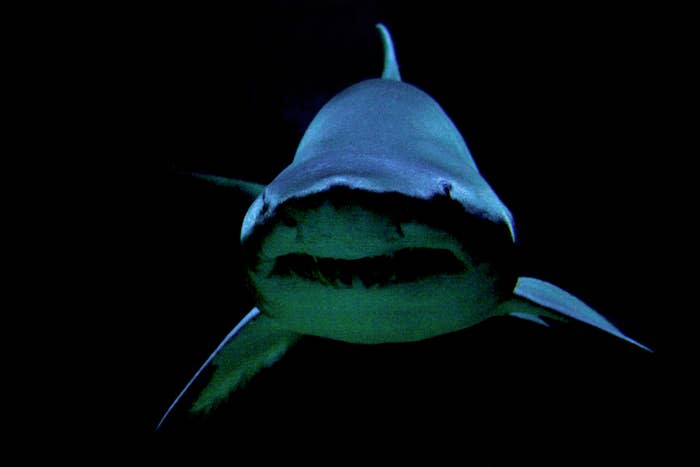
2.A Greenland shark's flesh is toxic when consumed raw, but when dried, it's edible and gives an intoxicated effect to the consumer, much like alcohol.
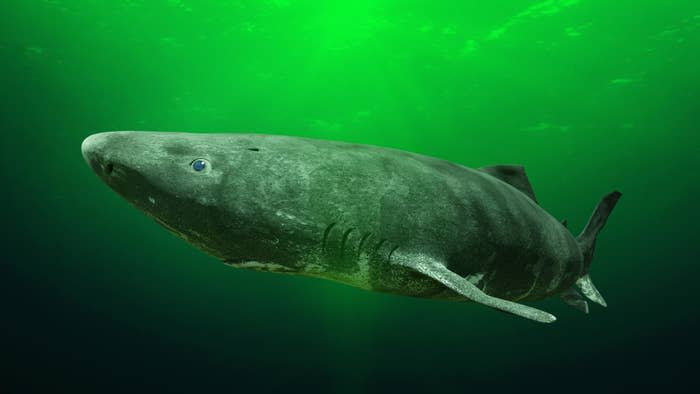
3.Lobsters were basically designed by Picasso. Their brain is in their throat, their teeth are in their stomach, and their kidneys are in their head.
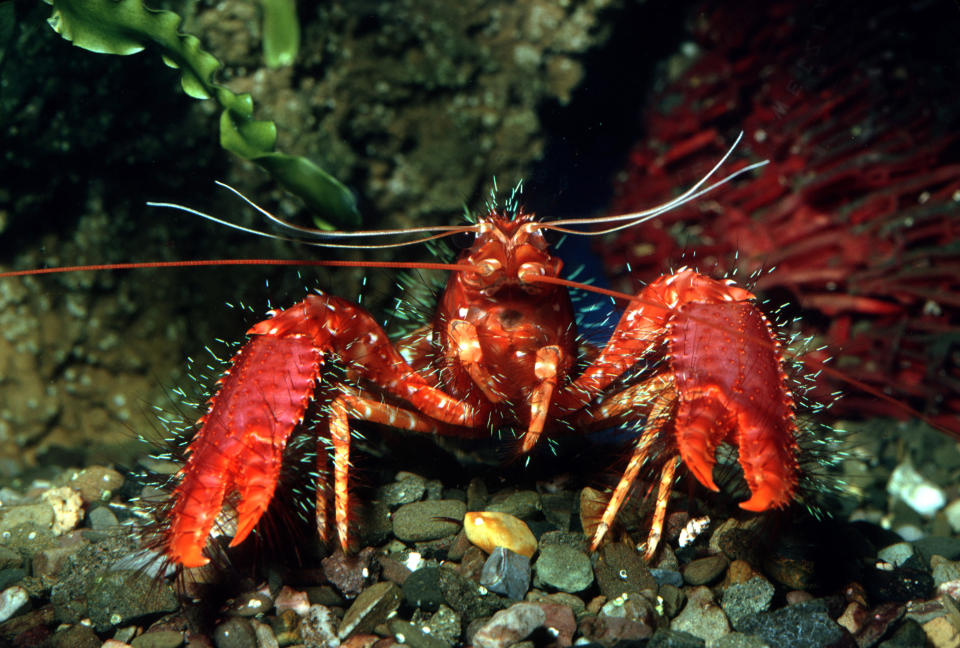
4.Beluga whales can mimic the sounds of humans. Noc, a beluga at the Marine Mammal Institute, was so good at it, a diver next to him thought his supervisor was giving him instructions through the intercom.
5.Orcas are capable of learning Dolphin. This cross-species language learning was observed when a pack of orcas living with a pack of dolphins was studied to add more clicks and whistles in their speech patterns to better communicate with the dolphins.
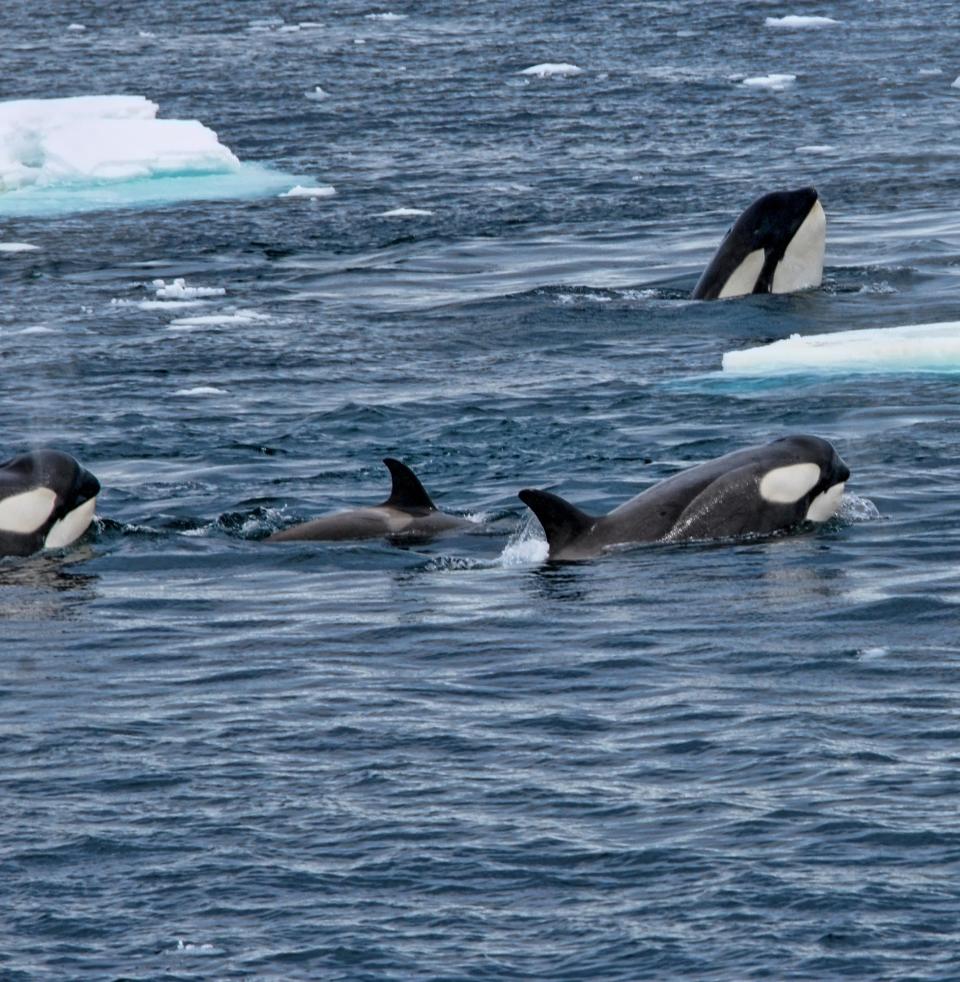
6.Dolphins form boy bands, a group of males that travel together and synchronize their calls to attract potential females. They stay together for decades.
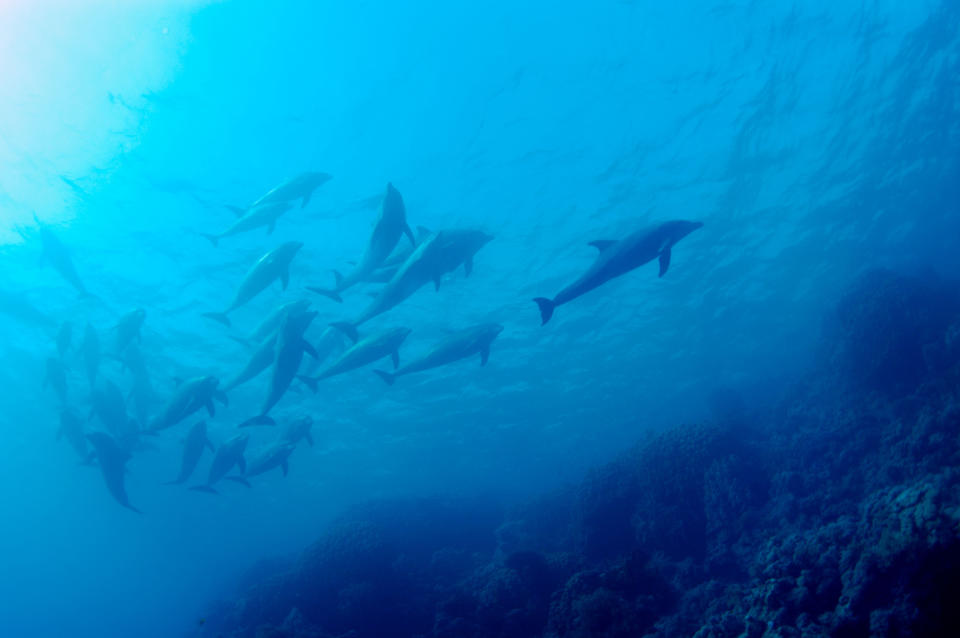
7.Also, dolphins give themselves names. When they're born, they're given a unique whistle to identify themselves. This whistle is often used in bigger group settings.
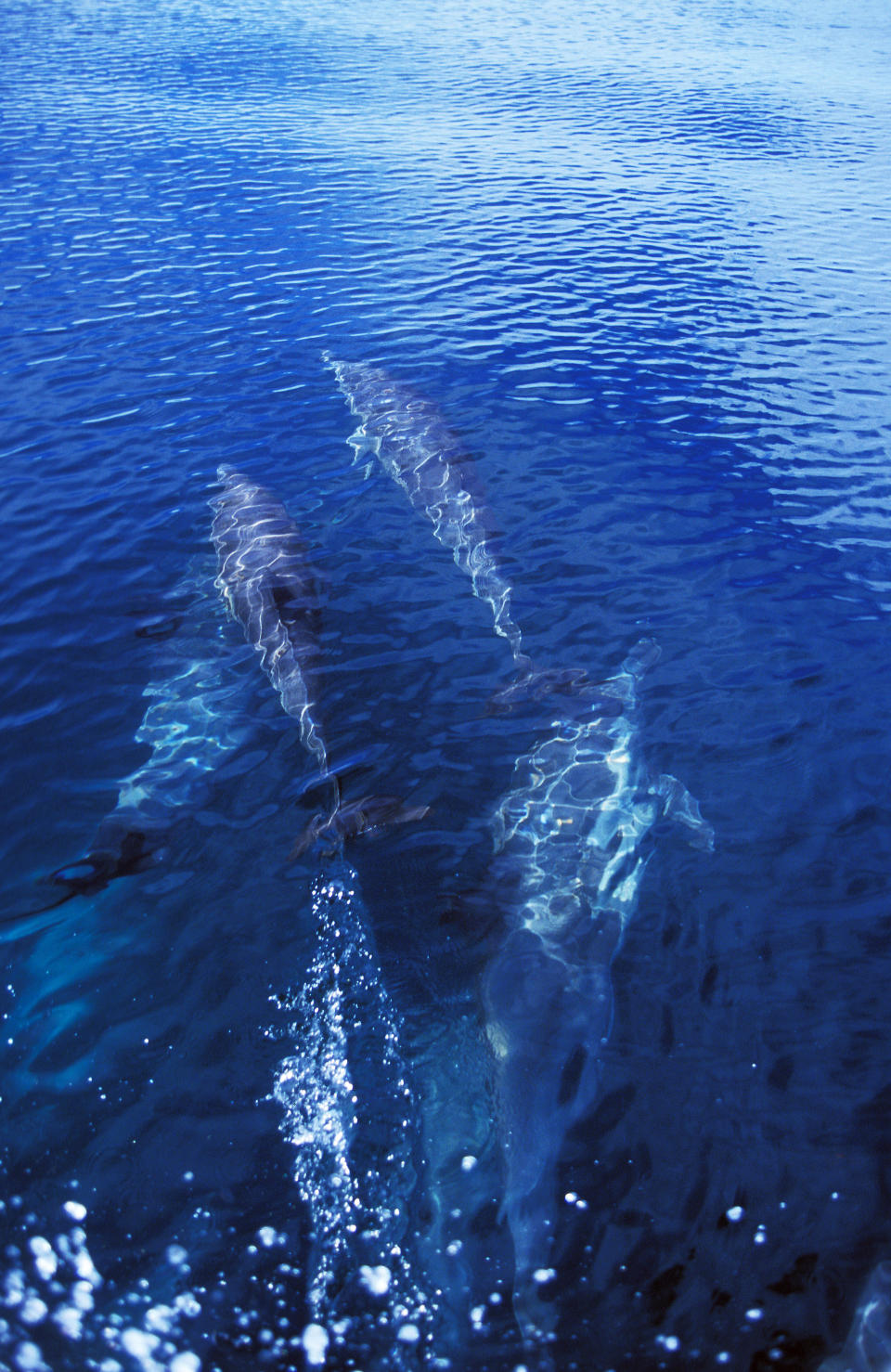
8.In 2016, an octopus named Inky escaped from the New Zealand Aquarium. Inky escaped his enclosure at night, slithered across the floor, snuck through a six-inch drain pipe, and escaped to the ocean, never to be seen again. How do we know? He left a wet trail!
9.Not to be outdone on craftiness, the mimic octopus is said to be able to impersonate 15 different species of predators. While they aren't the most accurate impersonations, they're enough to fool other ocean-dwellers.
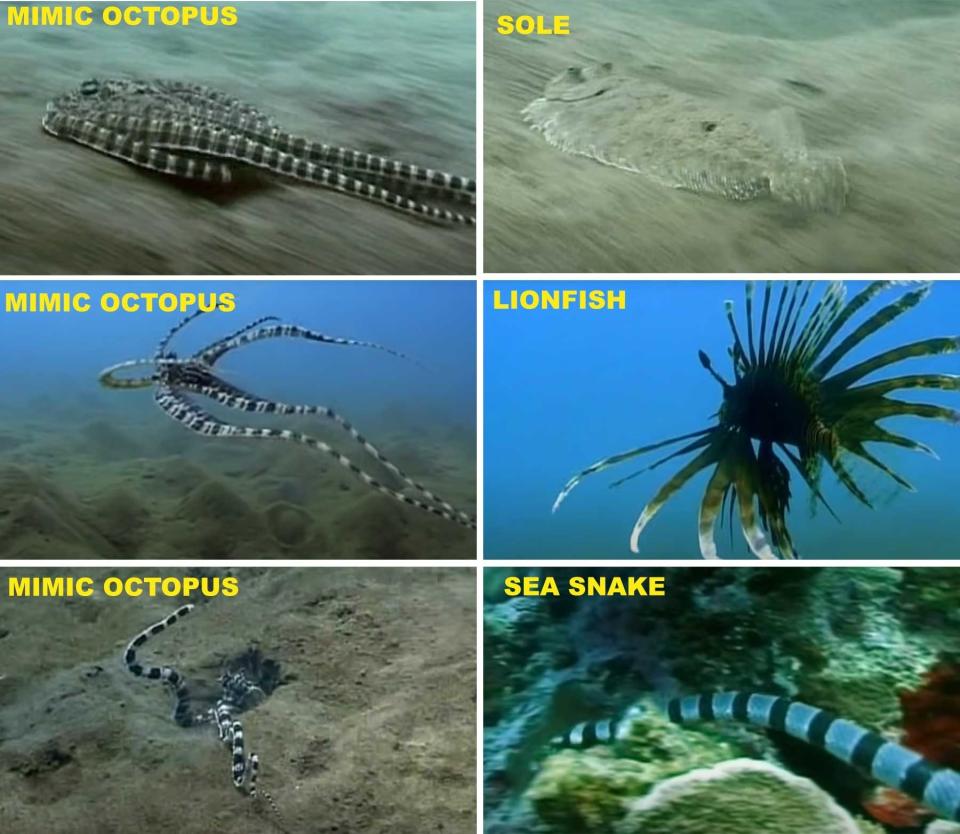
10.On the subject of cephalopods, in 1978, the USS Stein was attacked by a Kraken. OK, maybe not a Kraken, but after an emergency, it came back to port with gashes along the side of it and claw hooks embedded in it that matched a colossal squid. Based on the marks and claws, researchers think it had to be one of the biggest ever, likely around 150 feet long.
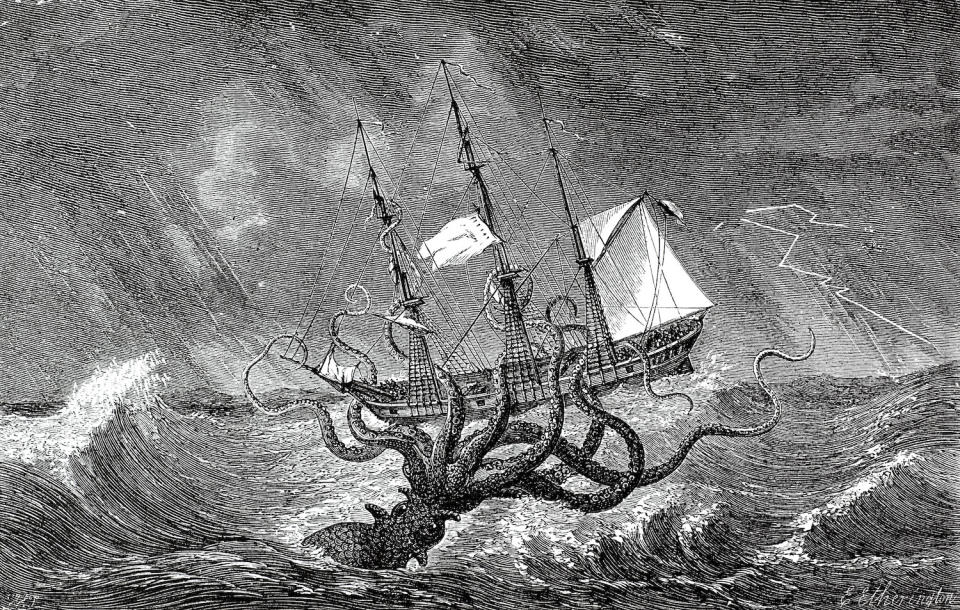
11."She sells seashells by the seashore" was a rhyme based on a real person named Mary Anning who sold seashells to tourists in the 1800s. Along the way, she found several dinosaur skeletons that contributed to the theory of evolution.

12.There's a dead zone in the Black Sea that has perfectly preserved shipwrecks. Like, so perfectly preserved that you can see the chisel marks the shipbuilders left.
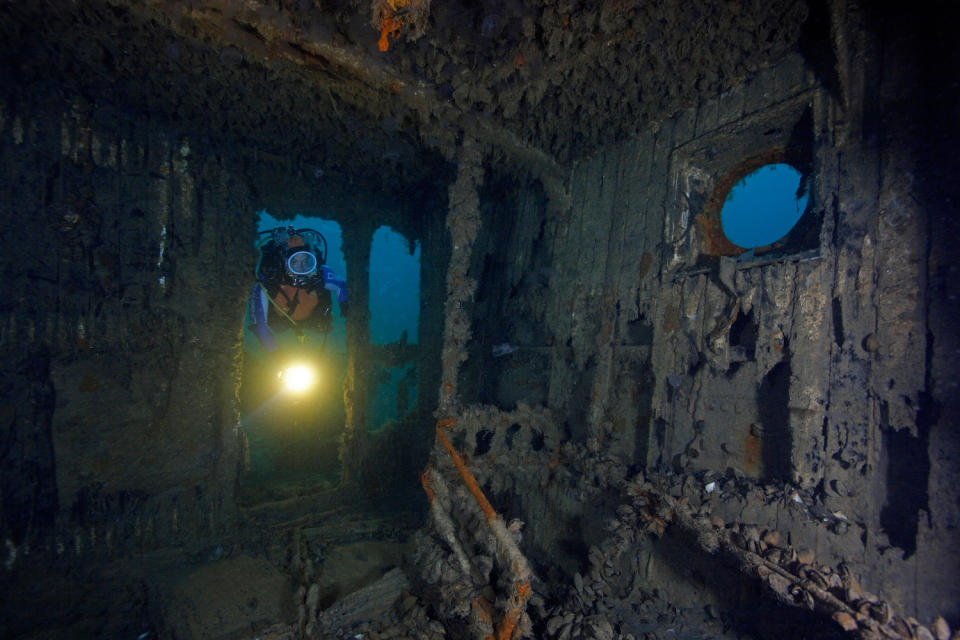
FWIW, a dead zone is an area of water that lacks oxygen so not a whole lot of animals live there.
13.Speaking of dead zones, scientists were actually able to broadcast the sound of a healthy coral reef in dead areas of the Great Barrier Reef, and remarkably, fish came back to that area. Researchers say getting the fish back to these degraded parts of the reef is a great way to help nurse the reefs back to health.
14.While we're on the topic of dead (this is a morbid segue, I'm sorry), there's a company called Eternal Reef that turns cremation ashes into a reef fixture that will be deployed into the ocean and create a habitat for marine life.
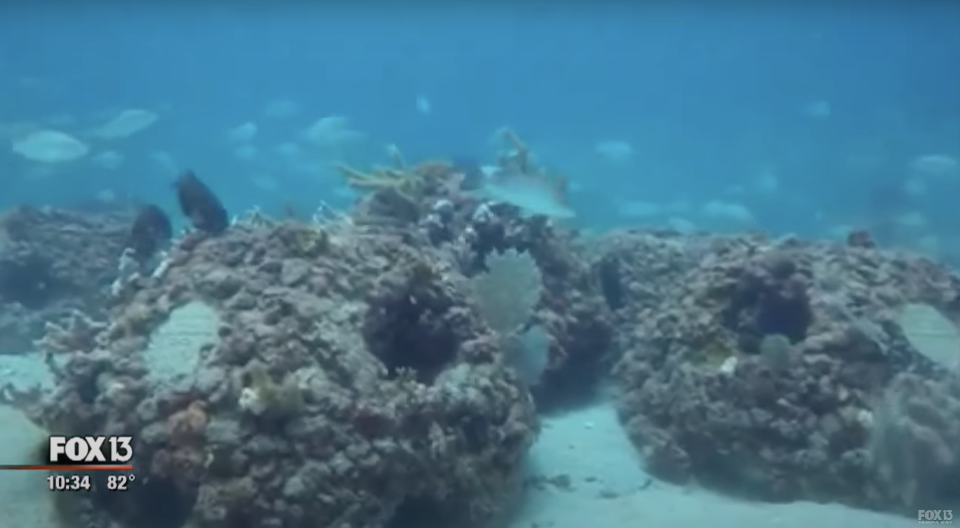
15.Last one about reefs, Dubai was actually able to successfully relocate an entire coral reef to save it from development. After it was relocated, it grew by 20%!
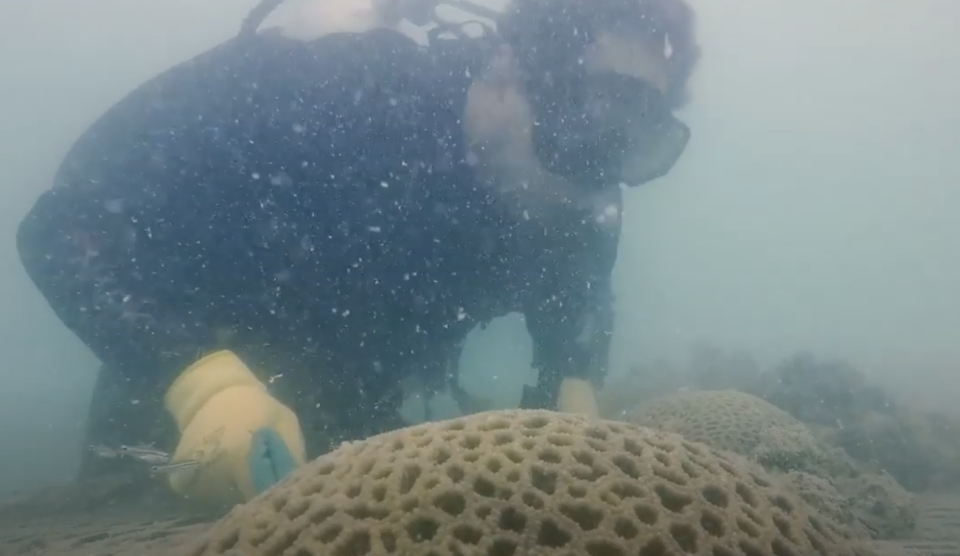
16.Here's something scary: as remnants from the World Wars, there are still roughly 80,000 live sea mines in the Atlantic.
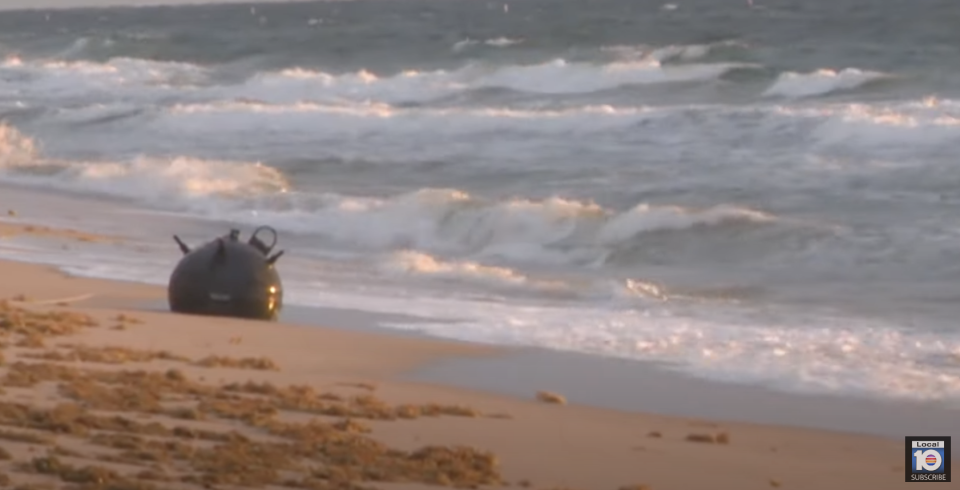
This naval mine washed ashore near Lauderdale-By-The-Sea in 2021.
17. But, let's end on a happy note. An electric eel named Miguel Wattson at the Tennessee Aquarium has its own Twitter account that will tweet whenever it produces a jolt of electricity strong enough.
POP POP POP!!!
— Miguel Wattson TNAQ (@EelectricMiguel) May 19, 2023

